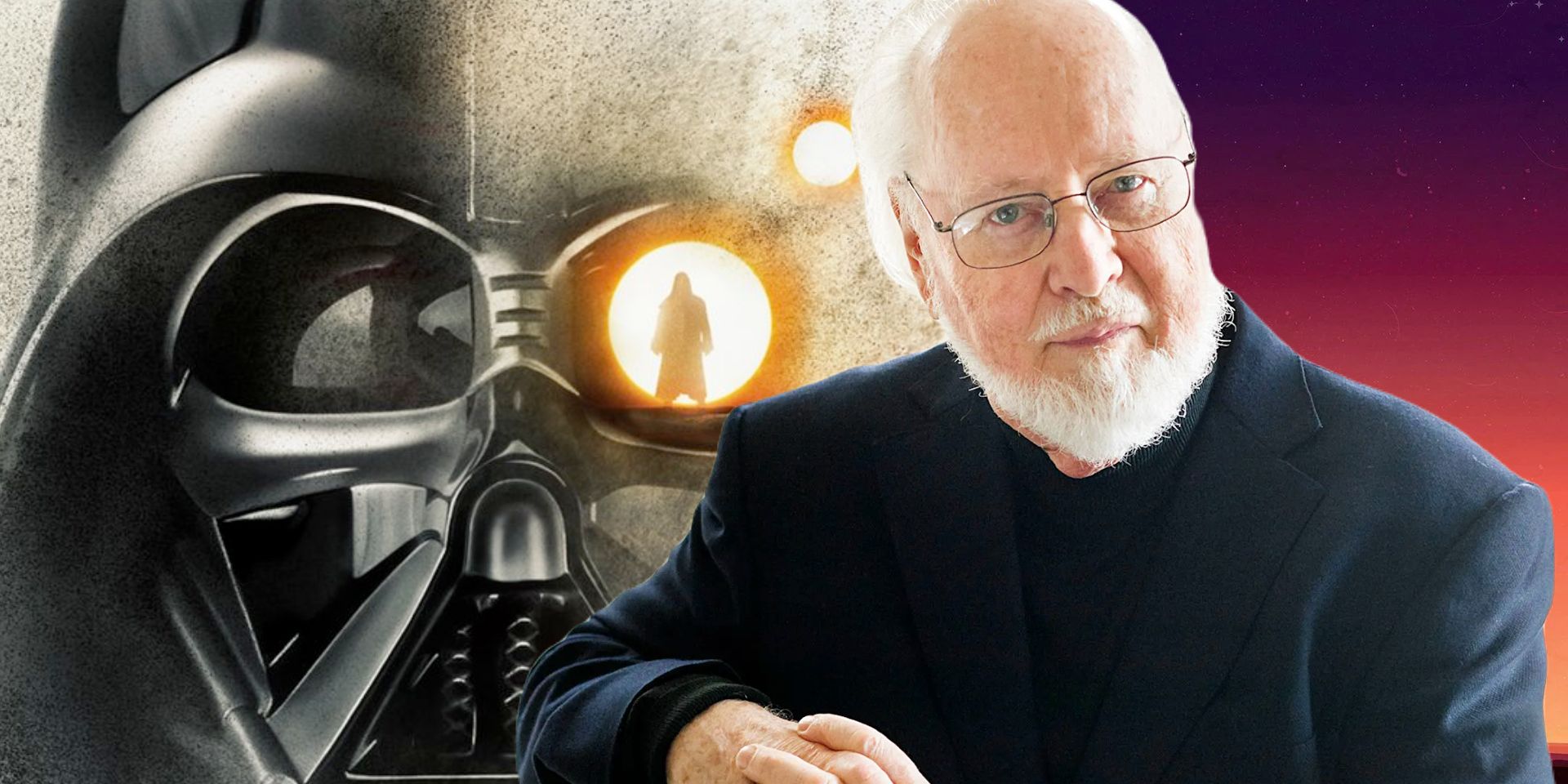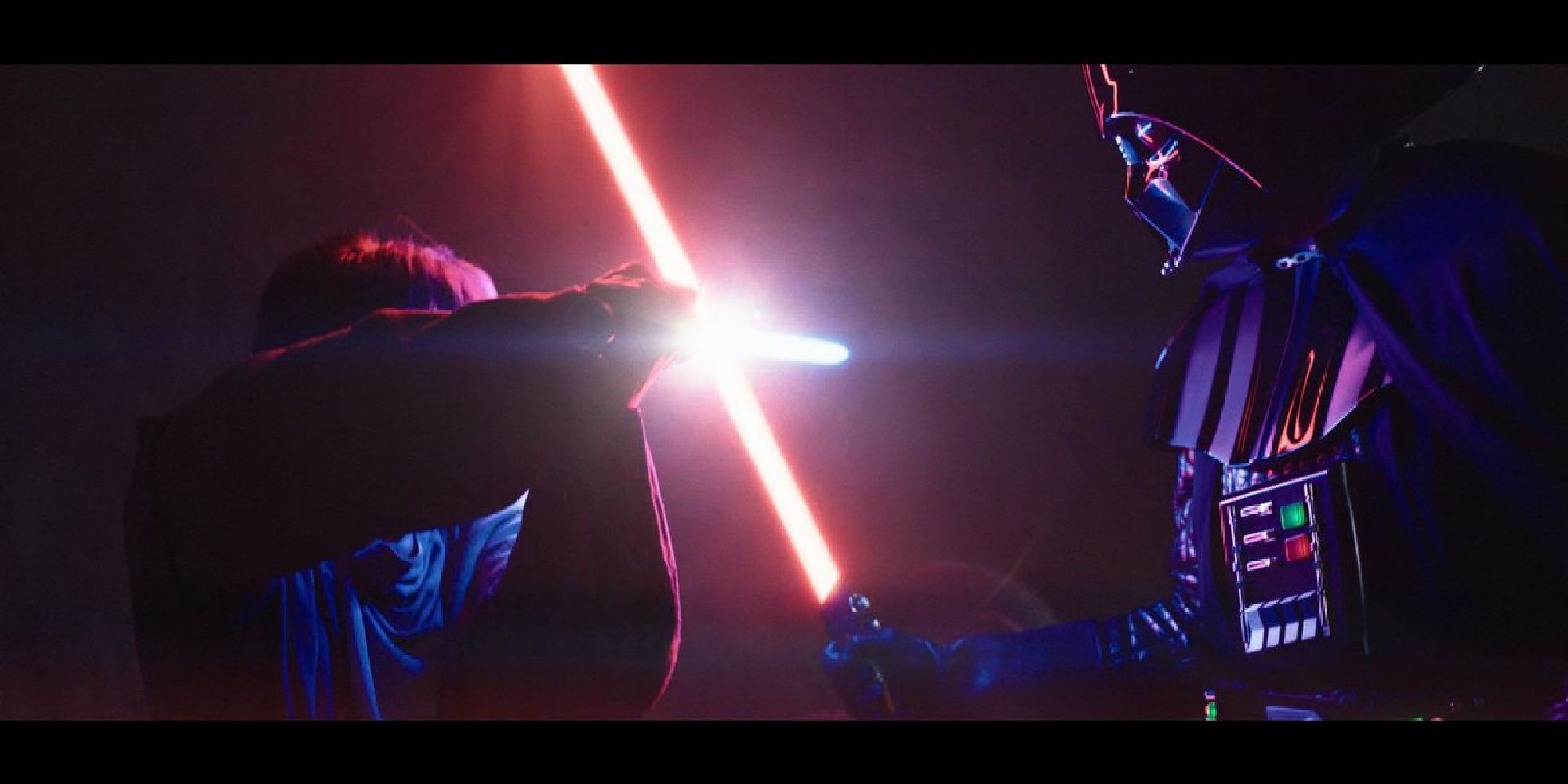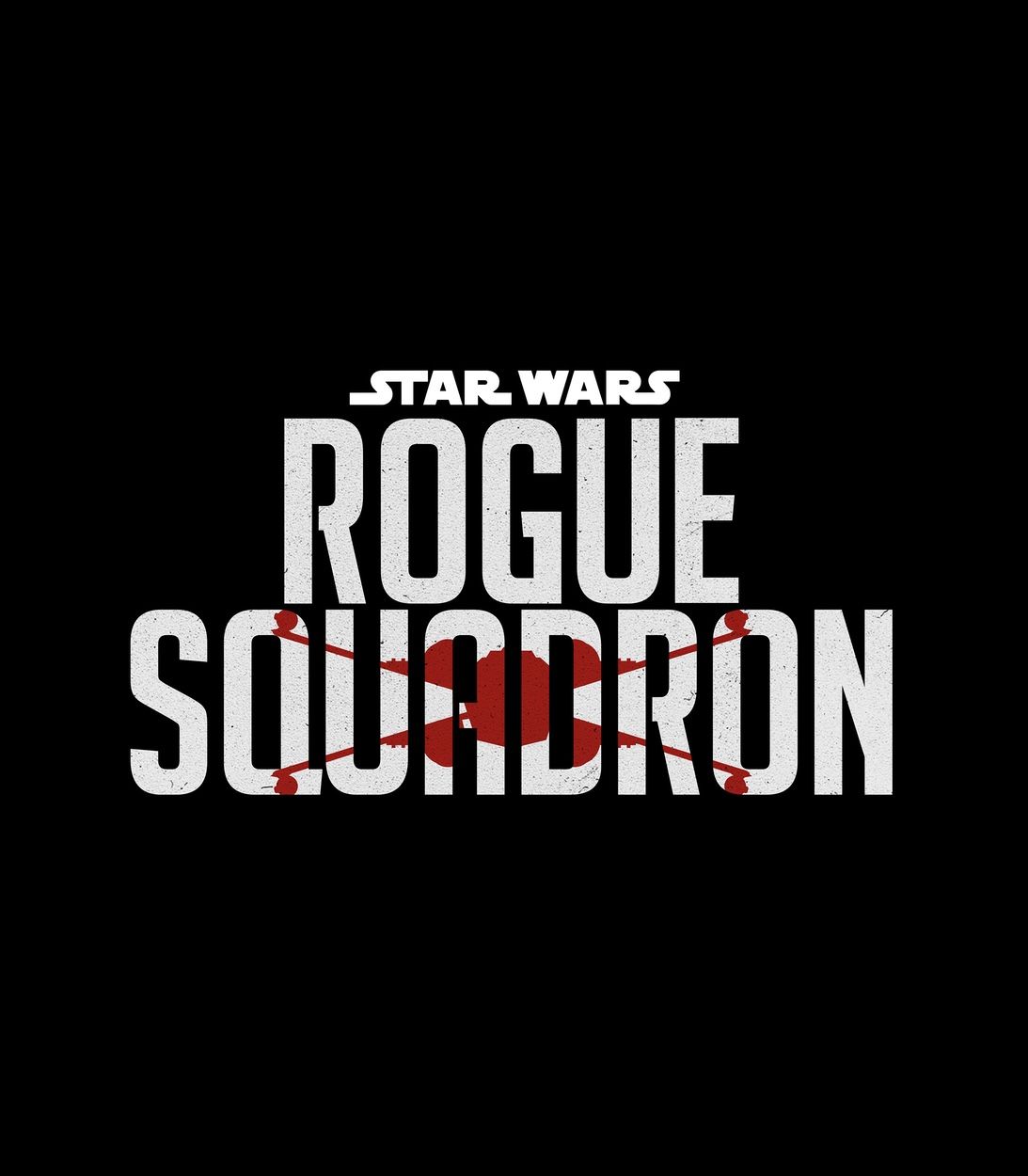Obi-Wan Kenobi sets itself apart from other Star Wars projects by choosing not to use one of the franchise's most classic elements to accompany Darth Vader. The series marks the first live-action appearance of the Sith Lord since 2016's Star Wars: Rogue One and he is once again voiced by the legendary James Earl Jones and played by Hayden Christensen. However, despite Vader being a major character with an immense personal interest in Obi-Wan, the series has impressively made him a threatening force without relying on an iconic piece of past filmmaking.
Set ten years after Star Wars: Episode III - Revenge of the Sith, Obi-Wan Kenobi follows the titular hero who has become disconnected from the Force, plagued by his guilt over failing Anakin. However, once a young Princess Leia is kidnapped by the Third Sister, the Inquisitor Reva Sevander, Kenobi is forced back into action to save her. Episode 3 concludes with Obi-Wan facing off against his former Jedi apprentice, Anakin Skywalker, now fully consumed by the dark side of the Force and going by Darth Vader. Vader appears throughout the series, pulling the strings and acting as a menacing force in every scene in which he appears.
Surprisingly, each and every appearance of Darth Vader so far has not featured John Williams' classic theme, "The Imperial March." Yet the series has proved its success by still managing to make Vader a frightening villain without his iconic and imposing theme. Darth Vader is synonymous with the music, so it is certainly bold of composer Natalie Holt (who also composed Loki) not to even sample it. However, the character remains a terrifying figure, particularly due to his imposing physicality and legendary cruelty, not to mention his ability to destroy Obi-Wan Kenobi in a fight, as the former Jedi Master is out of practice.
Holt's score has proven to be strong enough to carry the tone of the series without relying on Williams' well-worn melodies. Where the sequel trilogy, and especially Star Wars: Episode IX - The Rise of Skywalker, relies on Williams' original trilogy score far too much, Obi-Wan Kenobi has created its own unique tone by ignoring Williams' work almost entirely and allowing Holt to flex her musical muscles. However, Williams does return to compose Obi-Wan's main character motif, as he had not previously written a piece of music for the character; Obi-Wan's original theme in Episode IV: A New Hope eventually became the theme for the Force.
There is still a chance that Holt may decide to include more of Williams' music, including Darth Vader's theme. As it seems the series is setting up a rematch between Obi-Wan and Darth Vader before their final fight on the Death Star, Holt may decide to sample Williams' "Battle of Heroes" as well as "The Imperial March." With a Qui-Gon Jinn cameo also looking likely, she may even decide to use "Duel of the Fates" in some capacity, too. However, even if Holt does not use any of Williams' scores, her work on the series has given Obi-Wan Kenobi its own musical identity and proven that Disney's Star Wars projects do not always need to rely on references to the past.
New episodes of Obi-Wan Kenobi are released Wednesdays on Disney+.
Want more Obi-Wan Kenobi articles? Check out our essential content below...
- Obi-Wan Kenobi Cast Guide: Every New & Returning Star Wars Character
- Obi-Wan Kenobi Episode 4 Easter Eggs & Star Wars References Explained
- Obi-Wan Kenobi Episode 3 Ending & Final Fight Explained
- Obi-Wan Kenobi Episode 2's Veteran Cameo Explained
- Who Voices Darth Vader In Obi-Wan Kenobi
- Why Obi-Wan Kenobi Is So Weak In His Star Wars Show
- Why Obi-Wan Can’t Talk To Qui-Gon Jinn's Force Ghost
- Did THAT Obi-Wan Kenobi Character Really Just Die?
- Every Jedi Alive During Obi-Wan Kenobi's Timeline
- How Many Episodes Are In Obi-Wan Kenobi (& When Is The Finale)?



